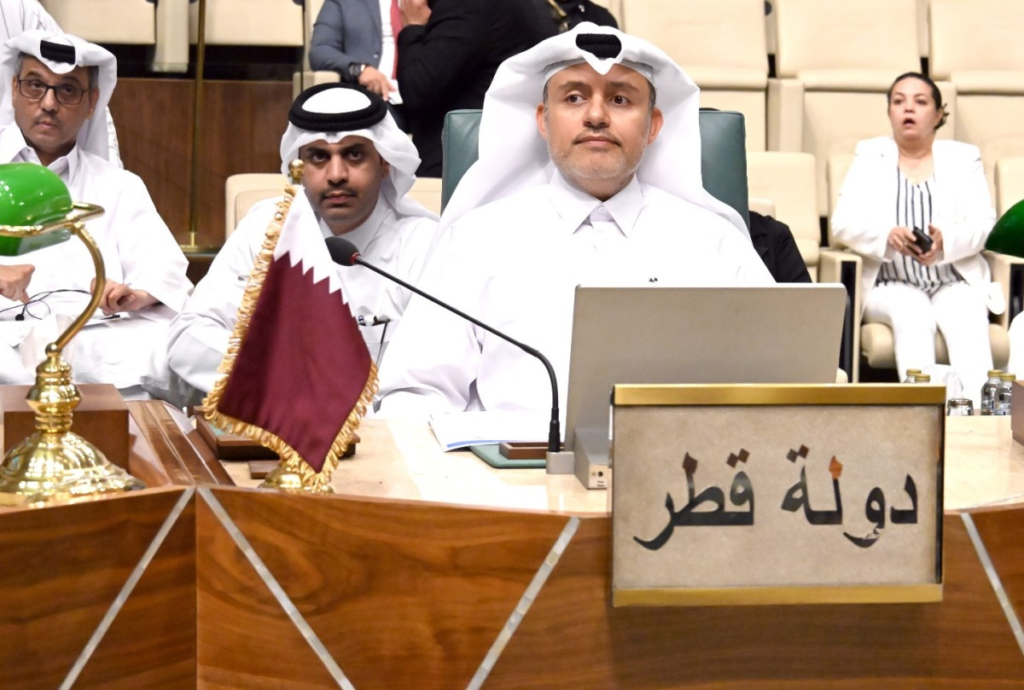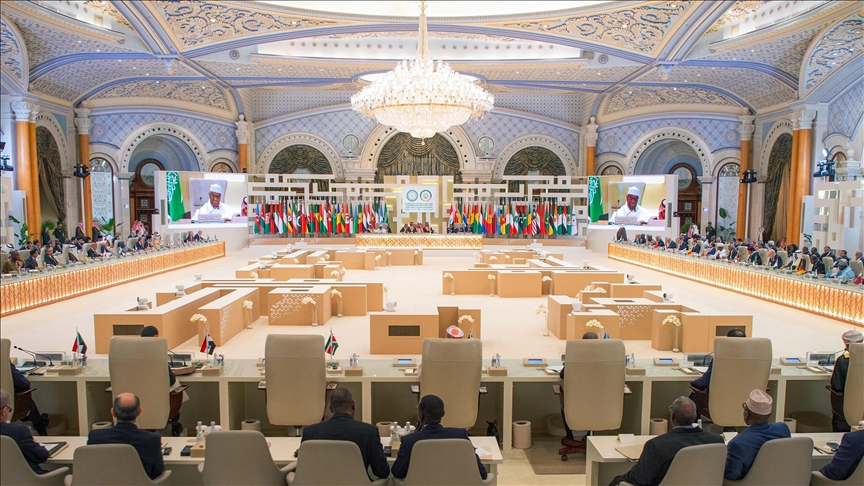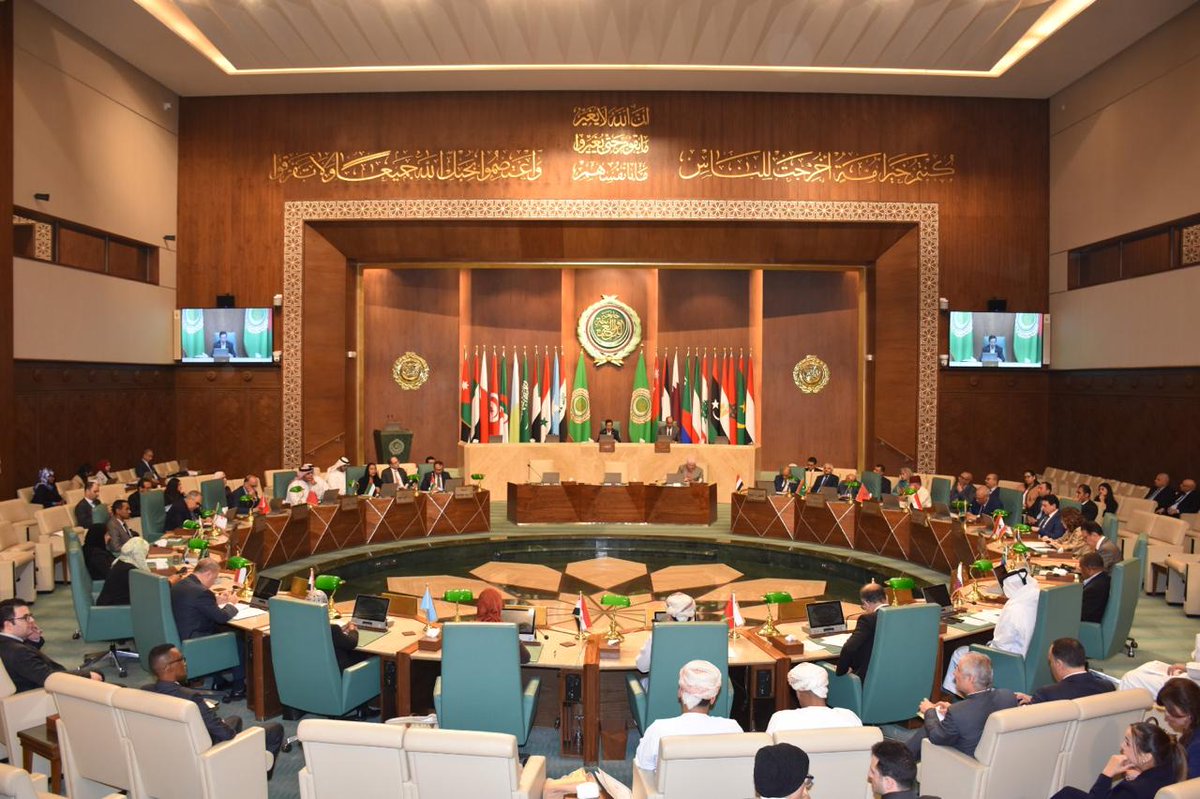Qatar Gaza Emergency Meeting held on Tuesday became a crucial platform as Qatar joined other Arab nations in Cairo to discuss the escalating humanitarian crisis in Gaza. The emergency Arab League summit was called in response to the ongoing Israeli military operation and its deepening impact on Palestinian civilians.
Qatar’s strong participation signaled not only its regional influence but also its consistent role as a key voice for peace and humanitarian diplomacy in the Middle East.
Background of the Emergency Summit
The Arab League called this emergency meeting amid worsening violence in Gaza. Over 30,000 Palestinians, including women and children, have reportedly died since the latest round of Israeli strikes began. Entire neighborhoods in Gaza have been destroyed, with hospitals collapsing under pressure and basic resources like water, fuel, and electricity running dry.
The emergency session was urgently scheduled after multiple Arab states, including Qatar, expressed concern about the silence and inaction from global powers. The main goal of the meeting was to form a unified Arab response and demand immediate international intervention to stop the humanitarian catastrophe.
Qatar’s Position on the Gaza Conflict
Qatar has long been active in the Gaza issue, both politically and in terms of aid. During the emergency meeting, Qatari officials condemned the Israeli actions, labeling them as collective punishment and violations of international law.
Qatar urged the Arab League to take stronger steps, such as lobbying the United Nations Security Council, applying diplomatic pressure on Western allies, and providing immediate humanitarian support to Gaza. The Qatari delegation emphasised that silence in the face of genocide is not neutrality it is complicity.

7 Key Highlights from the Qatar Gaza Emergency Meeting
1. Unified Condemnation of Israel’s Actions
All participating states, including Qatar, issued a unified statement condemning Israel’s bombardment of Gaza. They called it a blatant violation of international humanitarian law and demanded accountability for war crimes.
2. Immediate Humanitarian Aid Proposal
Qatar proposed the immediate dispatch of medical and food aid convoys to Gaza through Egypt. They also suggested a joint Arab fund to support Palestinian hospitals and refugee shelters.
3. Demand for Ceasefire
The Arab League, led by Qatar’s diplomatic proposal, demanded an immediate ceasefire in Gaza. The meeting highlighted the need for international mediation, especially from the United Nations and regional actors like Turkey.
4. Investigation into War Crimes
Qatar supported a call to launch an international investigation into possible war crimes and crimes against humanity being committed in Gaza. The country urged the Arab League to push the International Criminal Court to begin proceedings.
5. Diplomatic Pressure Campaign
The summit agreed to initiate a diplomatic campaign targeting countries supplying weapons to Israel. Qatar stated that these countries must be held morally responsible for their support and must face public and legal pressure.
6. Strengthening Arab Unity
Qatar stressed the importance of Arab unity in facing regional crises. It urged countries to avoid internal divisions and stand collectively to defend the rights of the Palestinian people.
7. Reaffirmation of Two-State Solution
While addressing immediate violence, Qatar also reaffirmed the long-term goal of a two-state solution based on pre-1967 borders, with East Jerusalem as the capital of Palestine. This stance echoed the Arab Peace Initiative first proposed in 2002.
Arab League Response to Qatar’s Initiatives
Qatar’s proposals received broad support across the Arab League, especially from nations like Jordan, Algeria, and Kuwait. Even historically cautious countries like the UAE expressed openness to more assertive diplomatic actions.
Qatar’s humanitarian proposal, particularly the idea of a joint Arab relief fund for Gaza, was praised for being both practical and urgent. A special committee was formed to coordinate logistics with Egypt and international NGOs.

Humanitarian Crisis in Gaza: Numbers That Shocked the Summit
During the Qatar Gaza Emergency Meeting, delegates were presented with shocking statistics:
- Over 70% of Gaza homes destroyed or damaged
- Hospitals operating at 30% capacity
- Nearly 2 million people displaced
- Children forming more than 40% of the dead
These numbers formed the emotional backbone of Qatar’s appeal for urgent Arab unity. Qatari representatives described the situation as “worse than any previous war on Gaza.”
Qatar’s Humanitarian Efforts So Far
Qatar has already contributed millions in aid since the conflict began, including:
- $100 million in emergency relief
- Medical equipment and trauma kits
- Field hospitals and mobile clinics
- Temporary housing units and food supplies
During the meeting, Qatar pledged an additional $50 million and encouraged other Gulf countries to follow its lead.
Global Reactions to the Meeting
While the emergency Arab League meeting did not directly result in international action, it significantly increased global awareness. UN officials welcomed the Arab initiative, and European news agencies noted Qatar’s leadership in rallying humanitarian focus.
Several humanitarian groups praised the Qatari delegation for pushing practical aid initiatives instead of just political statements.
Qatar’s Ongoing Role in Mediating the Conflict
Qatar has historically acted as a mediator between Israel and Hamas. In previous years, it helped broker short-term ceasefires and facilitated hostage exchanges. In this latest crisis, Qatar once again offered to act as a neutral intermediary if both parties agreed.
Its relationship with the United States and other Western powers gives it leverage, which Qatar promised to use to push for a lasting ceasefire and humanitarian access to Gaza.
Looking Ahead: Will the Arab League Act Strongly?
Though Qatar took the lead, much will depend on whether the Arab League can transform this emergency session into real action. Historically, the League has been criticised for inaction and symbolic responses.
However, the tone in Cairo was different this time. With Qatar’s proactive push, there is hope that Arab states will go beyond words. The pressure now shifts to follow up on the decisions made in this meeting.
Final Thoughts: Qatar’s Leadership in Times of Crisis
The Qatar Gaza Emergency Meeting became a turning point in how Arab nations might handle regional conflict. By taking a bold, humanitarian, and diplomatic stance, Qatar has shown that moral leadership still has a place in geopolitics.
Qatar’s actions in this meeting were not just about Palestine they were about defending international law, human dignity, and Arab solidarity. As the crisis in Gaza continues, Qatar’s role as a peacemaker and humanitarian leader could be more important than ever.
Do follow Gulf Magazine on Instagram
Also Read – Qatari Aid to Syria: 7 Powerful Ways It Revived Bakeries



